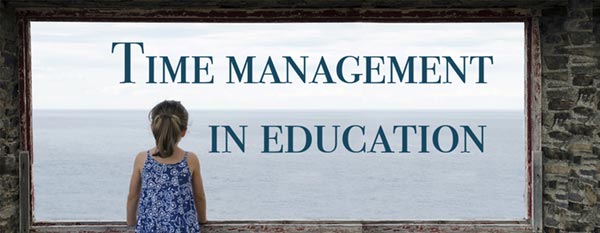Doing our own thing
Unusual Routes
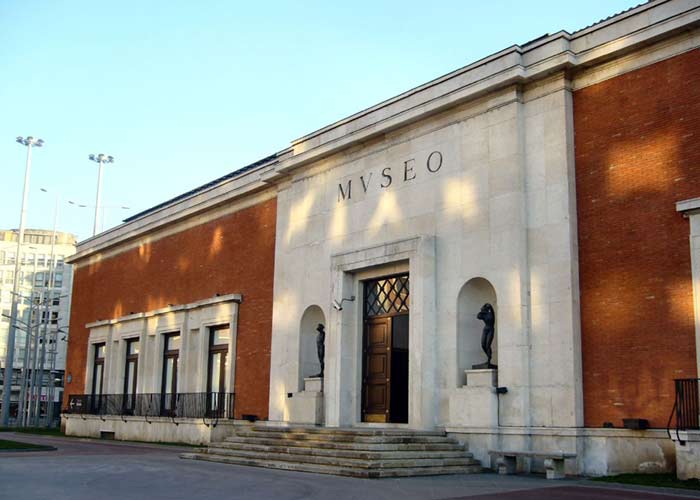
The Bilbao Museum of Fine Arts, through its Department of Education and Cultural Action, in collaboration with artist Susana Talayero and the forestry engineer Claudia Maldonado, has developed new educational material aimed at students of nursery education, primary and the first few years of secondary education. It is an original proposal contained in a folder with three routes in which relationships are established between works of art on show at the museum and the trees in the park. It aims to be a starting point for a conversation with students about topics such as history, ecology, society, feminism or art to later capture them in different creative activities.
Gazteaukera
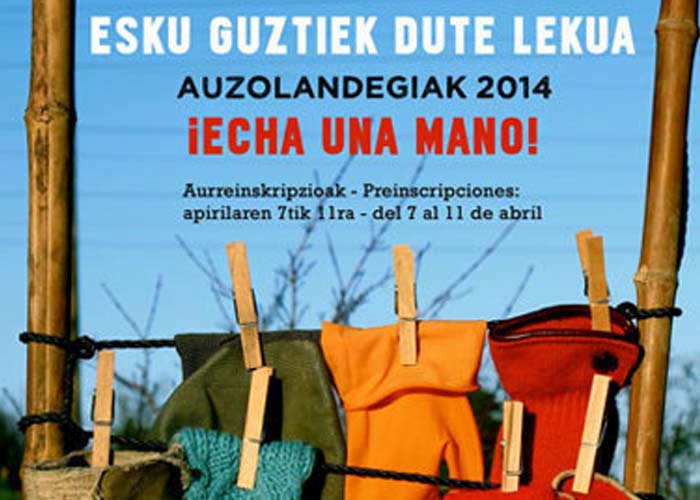
The portal for youth in the Basque Country includes on one website endless information of interest to the population in such diverse areas as leisure and culture, equality, participation, education, employment and training, housing and health, among others. Programmes like "Gazte Txartela" (the only Basque youth card approved at European level that allows cardholders to benefit from endless advantages), "Muévete por Europa" (Get around Europe, a service to search for jobs, working holidays or temporary stays, scholarships and internships or exchanges around Europe), "Juventud Vasca Cooperante" (Young Basque Voluntary Worker) or work camps are no secret in Gazteaukera. In addition, on its pages you can find a long list of the network of youth hostels in the Basque Country, numerous options to enjoy your free time in a different way or the steps to take to become a monitor in these groups, as well as access to "Gazte informazioa", a network composed of over seventy services that includes all the information that matters to young people.
Ibilbideak
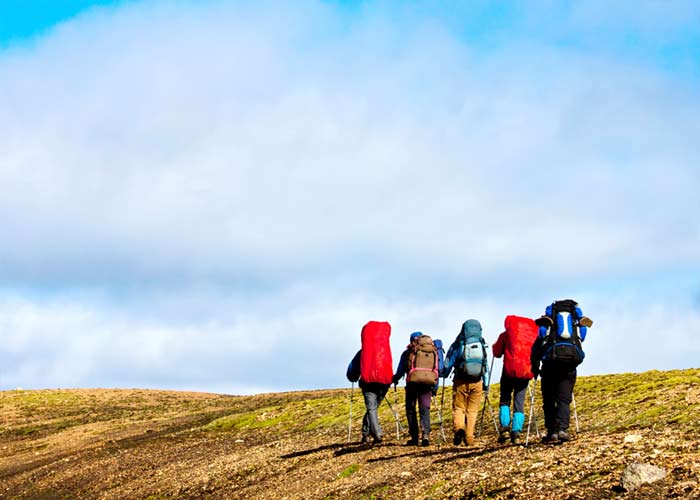
This Basque Government project based on a large database, in which any participant can contribute their routes or itineraries around the Basque Country, was created with the aim of increasing and improving physical activity in society. It is based on a community of people and entities that, using mobile devices (Smartphones and GPS) and the Internet, create, share, rate, disseminate and enjoy their sports experiences. Through a system of filters, in a graphic and simple way, you can find routes in areas of interest or activity events, as well as comments and contributions from others for each route on a data sheet with all the relevant information: distance, gradient, images, videos, profile, route marked out on a zoomable map, etc.
Ibilbideak is available for free to people or entities, such as clubs, federations, associations, town councils, local authority associations, local development agencies, schools, etc. Uploading and downloading of content is only available for registered people or entities -who must give their name, email and password-, but general consultation is open to all.
The Northern Ways to Santiago
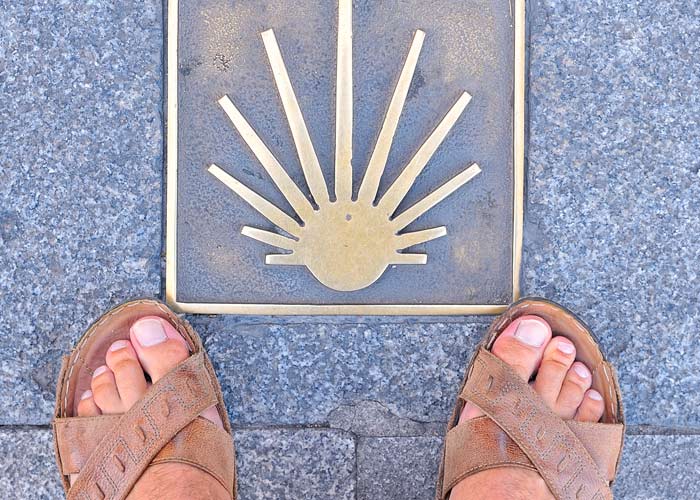
St. James' Way as a whole was recognised in 1987 as the first European Cultural Route, taking into account, among other values, the opportunity to meet people from different parts of the continent and the creation of a space for cultural and leisure tourism for European citizens. This pilgrimage route to the Cathedral of the Galician city that venerates the apostle James is well marked and has an extensive network of hostels to accommodate walkers, has witnessed nearly two million people walk along its different itineraries since the year 2000.
The origins of the Slow Movement

"There is more to life than simply increasing its speed".
Mahatma Gandhi
Nowadays any attitude that involves getting more things done in less time has become admirable. Haste is the driving force of all our actions and it encompasses our life by accelerating it, saving every second, worshiping a speed that does not make us better.
On the contrary, we usually associate slowness with negative values like clumsiness, disinterest or boredom, dimensions that do not include the benefits of an unhurried, well-reasoned and sure attitude, the main objective of the slow movement.
The Slow movement proposes taking one's time to produce something of quality, enjoying the process and adapting to the natural rhythm of the planet. What began as an interesting "gastronomic challenge", ended up becoming a whole philosophy of life, with its own way of seeing things.
The following video can stimulate a discussion on the movement itself and the different ways of life that allow us to live better.

